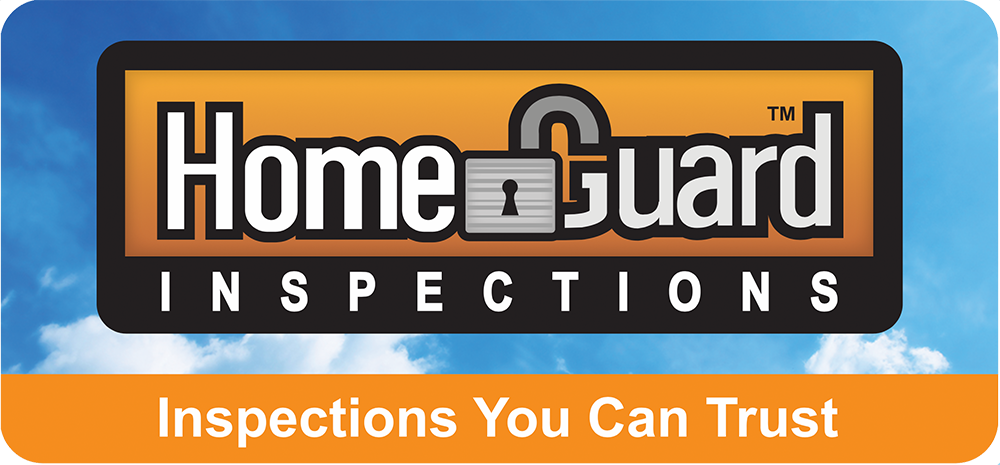After you have a signed purchase offer and before the day of your home inspection or commercial property inspection should be the signing of a pre-inspection agreement. Keeping in mind real estate transactions live or die around documentation and your engagement with a home inspector should not be an exception to this golden rule. With this in mind, there are two primary reasons why pre-inspection agreements should be signed prior to the inspection.
Reason No. 1 – Protection for the buyer
Your inspector’s insurance policy will more than likely have a condition for coverage which requires the inspector to have the buyer sign an agreement before the home inspection or commercial property inspection services are performed. Not having an inspection agreement signed before the inspection means you can count on not being protected by the inspector’s insurance company.
Additionally, you should have a contractual agreement with both your real estate agent and the seller of the property so it makes sense you would want a written contract with your inspector outlining their role in the transaction.
Reason No. 2 – Setting proper expectations
When seeking a reasonable expectation between buyer, agent and inspector, the first question that needs to be addressed is the standard by which the home should be judged. Setting proper expectations means we set the framework for this relationship.
Not having a framework for the business relationship between the buyer and the inspector means there is no standard for whether or not the buyer is getting what they paid for with the inspection and opens the door for the buyer to be unhappy with the inspection process. To the contrary, a buyer having an opportunity to know what the inspector is and isn’t looking for during the inspection increases the likelihood of everyone being happy with the inspector’s service increases exponentially.
Reason No. 3 – Better overall outcome
Home inspections have become so much a part of the home-buying process that pursuing a signed inspection contract or agreement will add greatly to that framework for consistency with all the other facets of the home buying process and overall experience once the transaction has taken place. The true purpose of a properly written contractual document is to define expectations, reduce likelihood for disappointment and to provide a resolution method should a conflict arise.
What should be in the agreement
The minimum of what should be in an inspection agreement would be the following elements: 1) Name of the parties involved include buyer and inspector. 2) Address which identifies premises for which the inspection will be performed. 3) The scope of inspection should be defined which is typically either International Association of Home Inspectors (InterNACHI) or American Society of Home Inspectors (ASHI). 4) Outline of how to resolve difference should they occur. And lastly, 5) Listing of any exclusions or things not inspected such as water softeners, cable, phone, internet, etc.
Bringing it all Together
While not required by state laws, signed agreements can be advantageous to all parties including, most importantly, the buyer because they establish the standards of practice and are a critical condition for your inspector’s insurance coverage. Also, at issue is having a signed agreement before the inspection. If not, know that by not getting an agreement signed before the inspection you are putting your financial interest and overall satisfaction at risk.
HomeGuard Inspections™ offers home inspection and commercial property inspection services in the Salt Lake City metropolitan area from Ogden to Spanish Fork and Heber to Tooele. Contact us to request an inspection.

